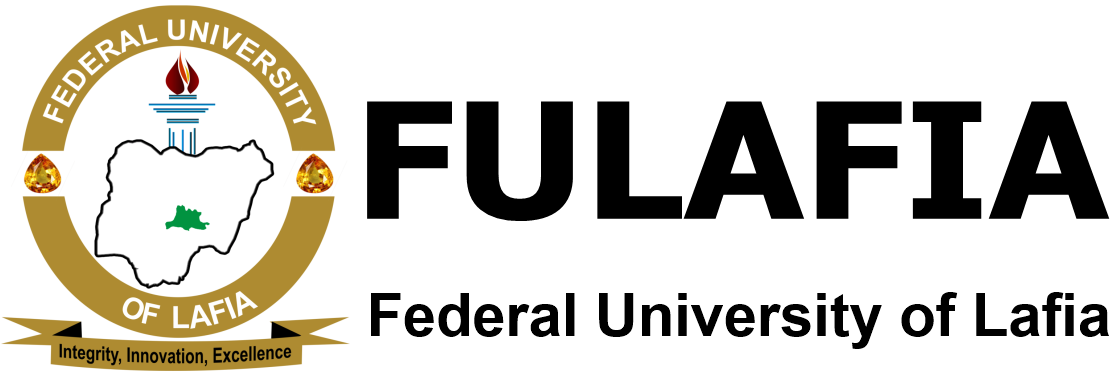
About Us
For the MBBS programme, Community Medicine is ran from 200 level to 600 level. It integrates rigorous classroom, clinical and laboratory learning with field/community-based and Primary Health Care experiences. Community-orientated learning starts from 200 level when the students start to become acquainted with cultural sensitivity, community entry and diagnosis procedures. A more intense exposure to clinical medicine commences at 400 level at the outpatient clinics in the Teaching Hospital, rural and urban sites, wards as well as exposure to epidemiological studies and identification of prevalent health problems in communities.
The Department and the counterpart department at the Dalhatu Araf Specialist Hospital Lafia (DASH) are now being jointly managed. The residents are now involved in training of medical students while relevant lecturers in the University are also trainers of the residents in Community Medicine at the Hospital. The department in partnership with DASH provide services including the under-five clinic, TB/DOTS clinic, adolescent health centre and Sexually Transmitted Disease clinic. The urban and rural practice sites of the department are PHC Centre Agwatashi and CHC Kwandare (in collaboration with the Nasarawa State PHC Agency). The department has a public health laboratory with equipment for basic public health investigations and Public health museum with different samples/specimens and photo gallery covering all aspects of Public health.
Our goals
Mission: To continuously improve training, research and community service through effective and efficient mobilization and utilization of resources using appropriate technology to ensure production of highly skilled community oriented doctors and other health workers to achieve evidence based improvement in the health of the community in the North Central geopolitical zone of Nigeria
Objectives
At the end of the training in Community Medicine, the student should be able to:-
i. Explain the concept of Community Medicine and its relevance in global health and the Nigeria healthcare system.
ii. Diagnose the health problems of a community, develop a primary health care plan for the defined community to close the identified gaps using the PHC approach.
iii. Carry out epidemiological studies to identify prevalent health problems in the community and determine the effective means of alleviating them
iv. to plan, organize and evaluate appropriate health programmes
v. Mobilize communities to take responsibility for their health.
vi. Develop leadership skills including team work among the members of the health team;
vii. Be effective and efficient leaders in the health sector
viii. Exhibit the highest principle of medical ethics in the promotion of health.
Programmes
Staff of the department
HOD's profile
News Update
Conference & Workshop
Admission Requirements

Welcome Address
You are welcome to the department of Epidemiology and Community Medicine. The discipline of Epidemiology and Community Medicine deals with assessment/diagnosis and prevention/control of health at the level of population and targets both the sick and apparently healthy members of the population. The Community Medicine training aspect of the MBBS programme aims to build the capacity of medical students to understand and be able to integrate community experience with knowledge and skills gained from the other clinical disciplines: Internal Medicine, Surgery, Obstetrics and Gynaecology, Paediatrics and mental health. The department is committed to delivering knowledge and building skills to enable our trainees respond to local health needs as well as able to adapt to any settings. The department plans to establish Masters and Doctoral programmes in public health and short courses on contemporary public health areas.
The department has a number of highly competent and motivated academic staff with expertise and interest in the different sub-specialties of Community Medicine. Staff of the department have supported state and Federal Ministry of Health and NGOs in different health programmes including hepatitis C micro elimination, development of strategic and operational plans, capacity building on Quality of Care in selected states in Nigeria, health system research, and several community-based interventions. The department is poised to continue to work towards identifying factors affecting access to health services at community level, determine how to prevent illness and injury, and how people’s health can be improved through working with them.
You are invited to take some time to get to know us better and possibly be a part of the work we do.
